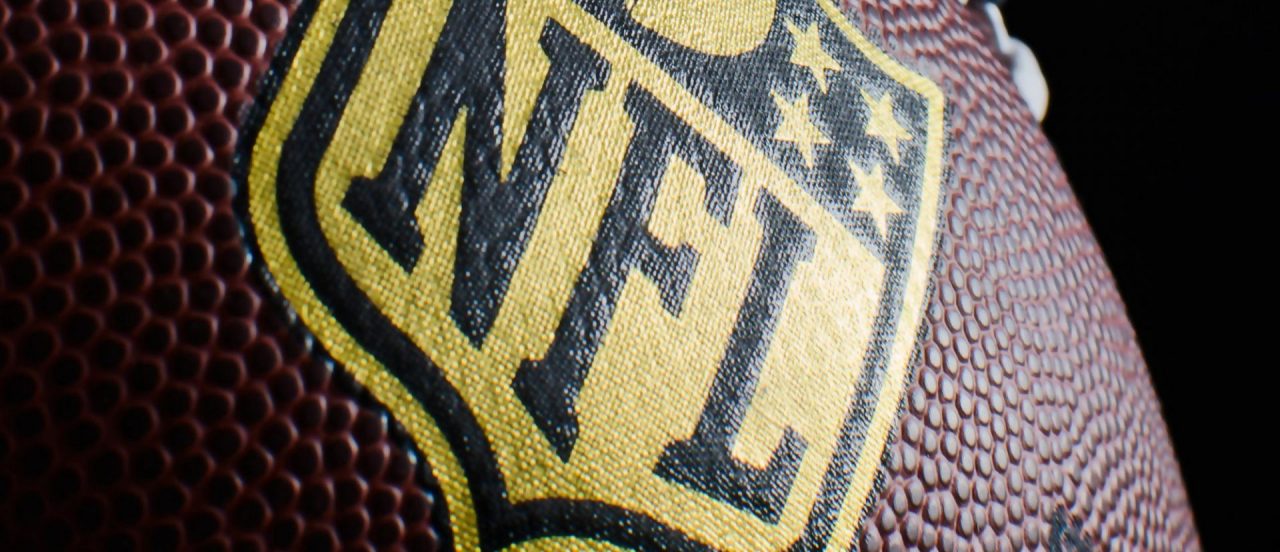The Supreme Court’s November 2, 2020 denial of certiorari in National Football League v. Ninth Inning Inc., a challenge to the NFL’s centralized distribution of game telecast rights, also saves for another day a more fundamental argument that a group of distinguished antitrust economists made in an amicus brief supporting the NFL: when a joint venture creates a new product that its members could not create efficiently by themselves, there is no useful role for Section 1 to play in evaluating the joint venture’s distribution decisions. Here, the NFL’s decision to distribute NFL Football telecasts centrally, rather than allowing member teams to sell their game telecasts independently, does not threaten “the proper concern of U.S. antitrust law”: ex ante competition – competition that would or could have existed without the venture. The Economists add that antitrust scrutiny of such distribution decisions undermines incentives to invest in joint ventures by making them more vulnerable to, among other things, member free-riding.
By Christopher J. Kelly1
I. INTRODUCTION
When the Supreme Court denied certiorari in National Football League v. Ninth Inning, Inc., No. 19-1098, 592 U.S. ___ (Nov. 2, 2020),2 the immediate upshot was that the antitrust challenge to the NFL’s centralized distribution of game telecasts would proceed. The denial of cert left intact the Ninth Circuit’s decision that the plaintiffs’ complaint against that distribution system
...THIS ARTICLE IS NOT AVAILABLE FOR IP ADDRESS 216.73.216.116
Please verify email or join us
to access premium content!

